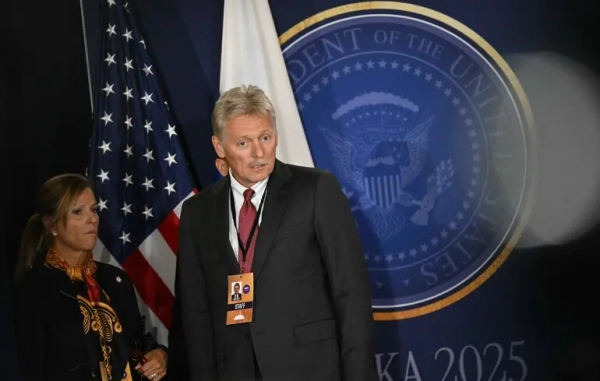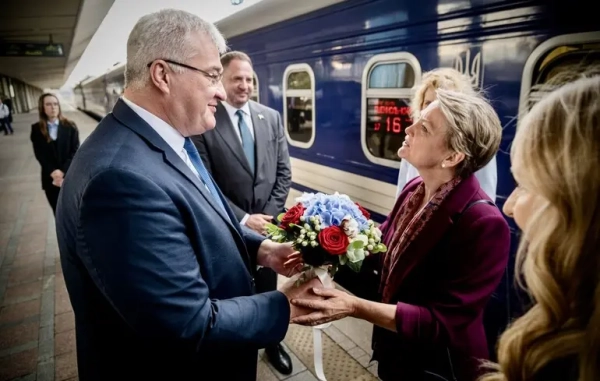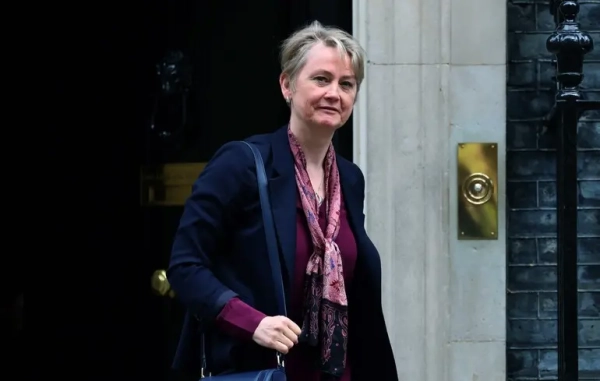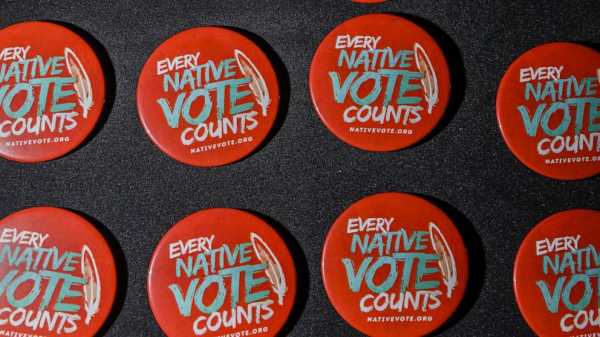
“We identified large Native populations in those states,” Semans said. “Even in Minnesota, we saw that Secretary (Hillary) Clinton only won that by a little less than 2%. So what we then did is we put the numbers in and figured — what if we actually had a robust, get-out-the-vote on these reservations. It could actually sway the election one way or the other.”
September’s special election in North Carolina’s 9th Congressional District will serve as a test run.
“The Lumbee tribe — that has over 40,000 eligible voters — asked us to work with them in identifying the voting access barriers and to help with getting out the vote,” Semans said. “So we’re actually putting our theory to work.”
(MORE: Native American leaders ask Trump to apologize for ‘shameful’ Wounded Knee remarks)
Native American issues have received less attention from Republicans. Neither President Donald Trump or former Massachusetts Gov. Bill Weld have released plans addressing any indigenous issues. And though the forum in Iowa was nonpartisan, only Democratic candidates attended.
“What I would rather have seen here,” said Nobiss, “is Trump and [Weld], the other candidate that’s running against him, as well, because they were also invited. …We need more conversation and dialogues with the Republican segment of government.”
Joseph White Eyes, 24, of the Cheyenne River Sioux Tribe said there was also room for improvement at the forum. For example, many of the forum panelists hold leadership positions in Native American nations across the country.
“There weren’t people who know the lay of the land, know what’s going on, know about the housing crisis,” he said. “They need more grassroots-level people [at the Forum] instead of just the higher-ups.”
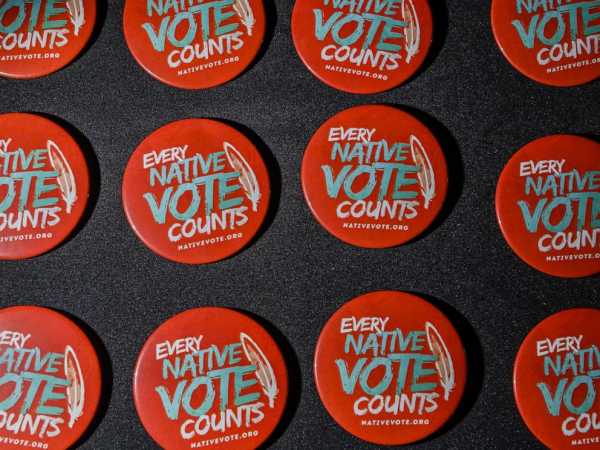
Stephen Maturen/Getty Images
PHOTO:Buttons available at the Frank LaMere Native American Presidential Forum on Aug. 20, 2019 in Sioux City, Iowa.
Semans declined to compare the different candidates, but was grateful to those who attended.
“All of them were willing to come there and discuss the issues,” he said. “It was an educational moment for them to understand where we’re coming from and to keep that dialogue going.”
And that educational moment could lead to progress on indigenous issues.
To North Dakota state Rep. Ruth Buffalo, the growing influence of Native Americans represents something more than any one legislative victory.
“There’s a re-ignition of our courage to be fearless,” she said. “What’s at the forefront here is taking courage and carrying out what our ancestors prayed for.”
Sourse: abcnews.go.com
